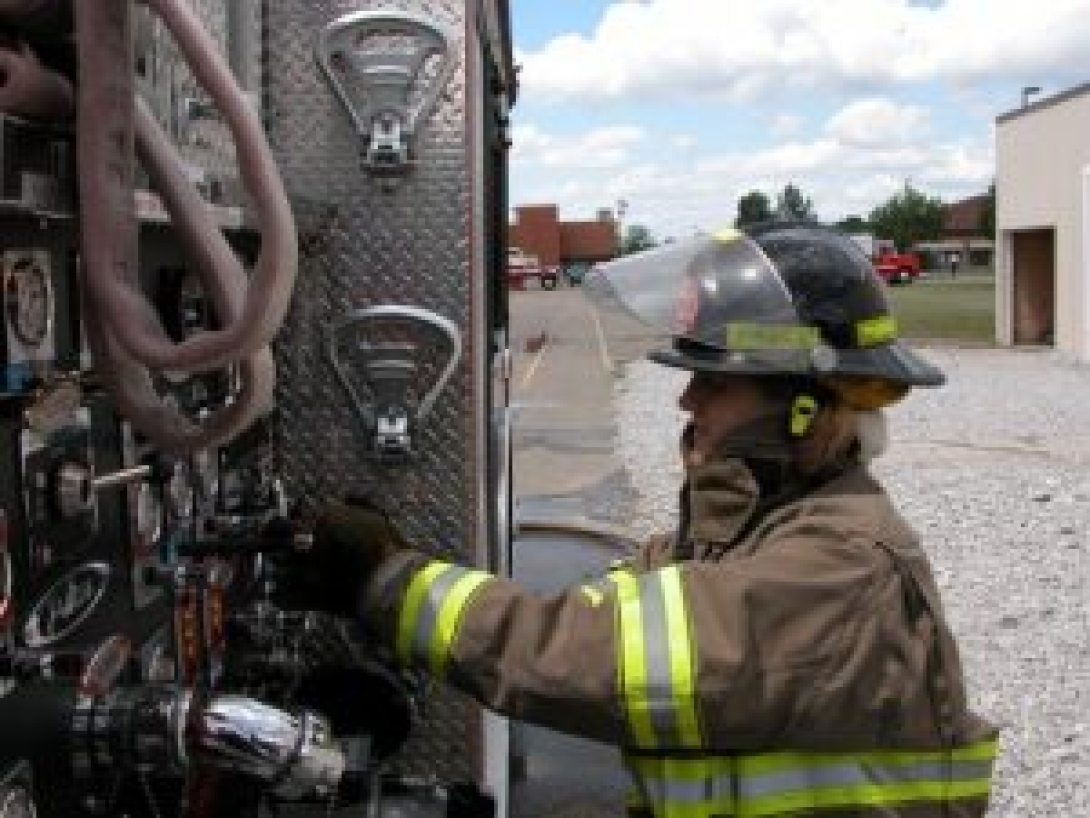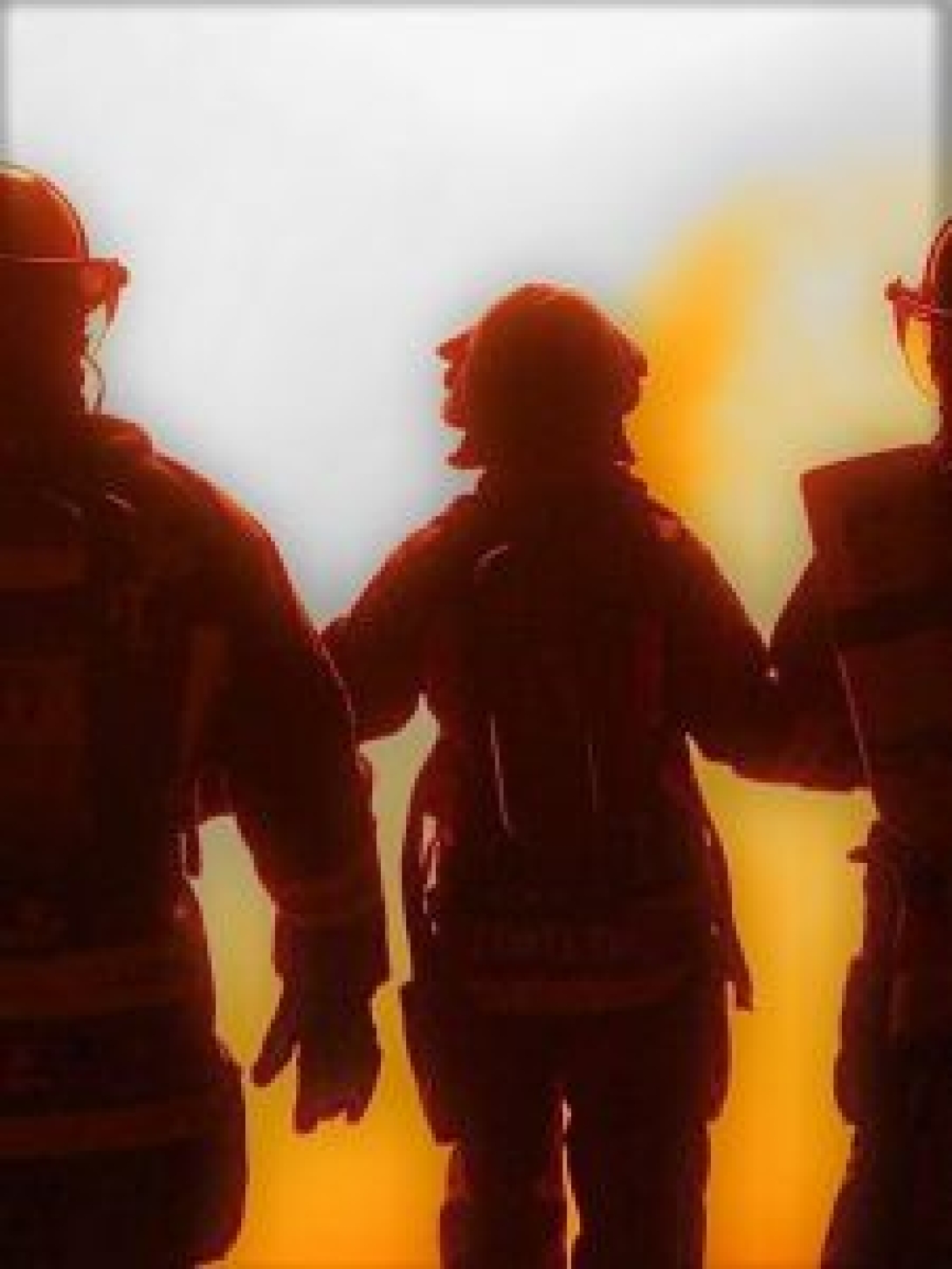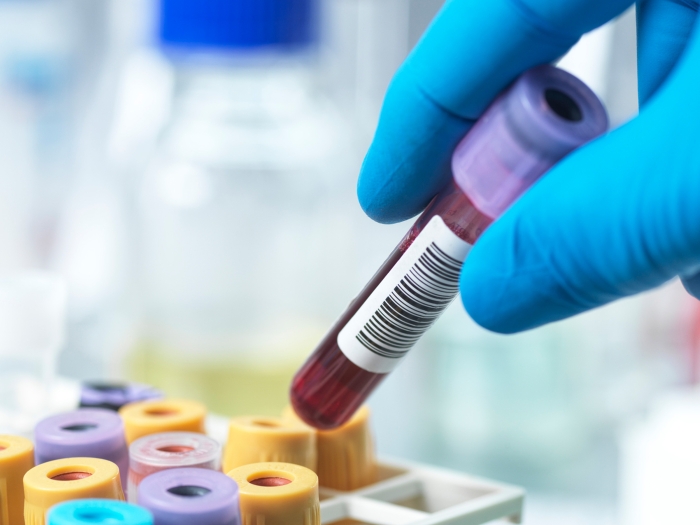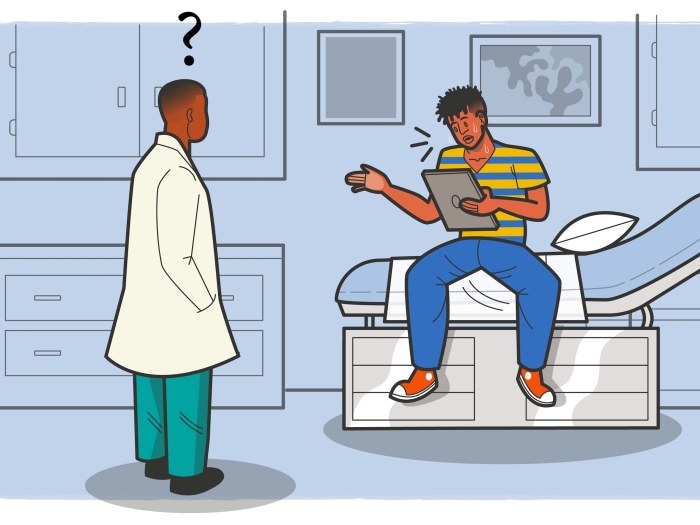The learning that takes place during medical school is often described as "trying to drink from a fire hose." As a former firefighter/paramedic who was affiliated with two departments over the course of seven years, I have found it an apt expression. The deluge of information that comprises the preclinical scientific months is enough to keep you rustling through books, scrolling through thousands of PowerPoint slides, poring over study guides, and yes, turning to Google and YouTube to understand complex concepts of anatomy, pathophysiology and pharmacokinetics.
At first, entering a new patient's room to take a history and conduct a physical exam can feel as daunting as this image conveys

Firefighting has simplistically been summarized as "putting the wet stuff on the red stuff" and the grind through medical school employs another water-based saying: "Just keep swimming." There are formulas to learn and memorize in both fields and ultimately, the stakes are high. Failure to master pump operations means that an inadequate water volume per unit time is delivered to the fire, which can result in a failed effort or even put the people inside the structure at risk. Forgetting to calculate an anion gap when assessing a patient's laboratory results may cause you to overlook underlying physiological responses.
Thirteen years ago, my training included the complexities of a fire engine pump panel

Of course, there are other parallels between my time on a fire department and medical education. Now that we are on our clinical rotations, my M2 classmates are also fellow comrades in a larger system entrenched in its own traditions. It's the kind of teamwork that comes with having shared familiarity of a process - even though you're assessed singularly for your contribution. All the while, our inexperience makes us the "rookie" on the team.
Finally, it seems there's another silly tradition that has carried through for me: At some fire departments, it's customary for someone to have to buy ice cream for the station when they experience a "first" (first time intubating a patient, first time using the defibrillator, first time they set up the helicopter landing area, etc.). I didn't make the connection initially, but in retrospect I definitely swung by the hospital cafeteria for a cup of soft serve after a long day in the operating room during my obstetrics/gynecology rotation!


Department of Communication at Michigan Medicine
Want top health & research news weekly? Sign up for Health Lab’s newsletters today!





